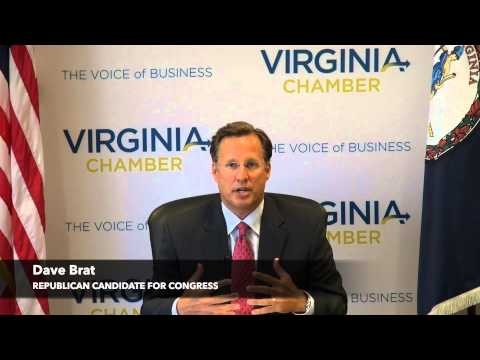Overturn ban on offshore drilling The Denver Post
Post on: 16 Март, 2015 No Comment

Increased drilling should be one part of the nation’s path to energy independence. Alternative fuel sources are also key.
Posted: 07/20/2008 12:30:00 AM MDT
It’s time for the U.S. to end its long-standing ban on offshore drilling.
President Bush last week overturned an executive ban on such drilling first enacted by his father in 1990. Now, the Democrat-controlled Congress should do the same with its ban imposed a decade before.
We know that new oil drilling and exploration will not lower gas prices anytime soon; some experts suggest as long as five to seven years.
But increased drilling whether it’s off shore or in the Arctic National Wildlife Refuge needs to be part of an aggressive energy plan that also includes conservation and further development of non-petroleum-based energy, such as biofuels, wind and solar power, along with nuclear.
With gas prices hovering in the stratosphere around $4 a gallon in Colorado now is the time for Congress to act.
Americans have begun to change their tune about drilling. Some 47 percent of Americans now rate energy exploration, drilling and building new power plants as the nation’s top priority, compared with 35 percent just four months ago, according to a recent poll by the Pew Research Center.
We share many of the ecological concerns of those against lifting the ban, including environmentalists, fishermen and the tourism industry.
But new technology in recent years makes it easier to drill in an environmentally sensitive manner without damaging coastline reefs.
It’s also important to note that the U.
Advertisement
S. Minerals Management Service, a branch of the Interior Department, conducts environmental impact studies whether companies are drilling in the ocean or in Colorado’s oil shale region.
By lifting the drilling ban the White House estimates there are billions of barrels of oil untapped off U.S. coastlines our country would move closer to becoming energy independent and free of all of the entanglements that come with importing foreign oil from sometimes hostile places.

It’s true, as some environmentalists like to say, that the U.S. can’t drill its way out of its energy doldrums. But it must be part of a broader package.
Just last Thursday, former Vice President Al Gore, the nation’s global warming czar, suggested an ambitious 10-year deadline to produce all of our electricity through alternate fuel sources.
To do that, we must immediately consider all possibilities in tackling our energy crisis, and that includes nuclear.
Americans, of course, will need to get over the jitters that the word can sometimes elicit, and forget that Jane Fonda ever made a scary movie in the 1970s about a possible nuclear meltdown.
Nuclear power, as other countries have shown, can be a safe and clean energy source. France gets more than 75 percent of its energy from nuclear power, without emitting greenhouse gases.
Congress also should continue investing in renewables, including making cellulosic ethanol from switchgrass. Rather than making fuel from corn, and driving up the price of food, we need to be filling our cars with fuel made from corn stalks.
As this national debate on energy continues, more people have begun to link energy with our national and economic security. That’s an important step.
The next, most immediate, step is for Congress to follow the president and allow for off-shore drilling.














